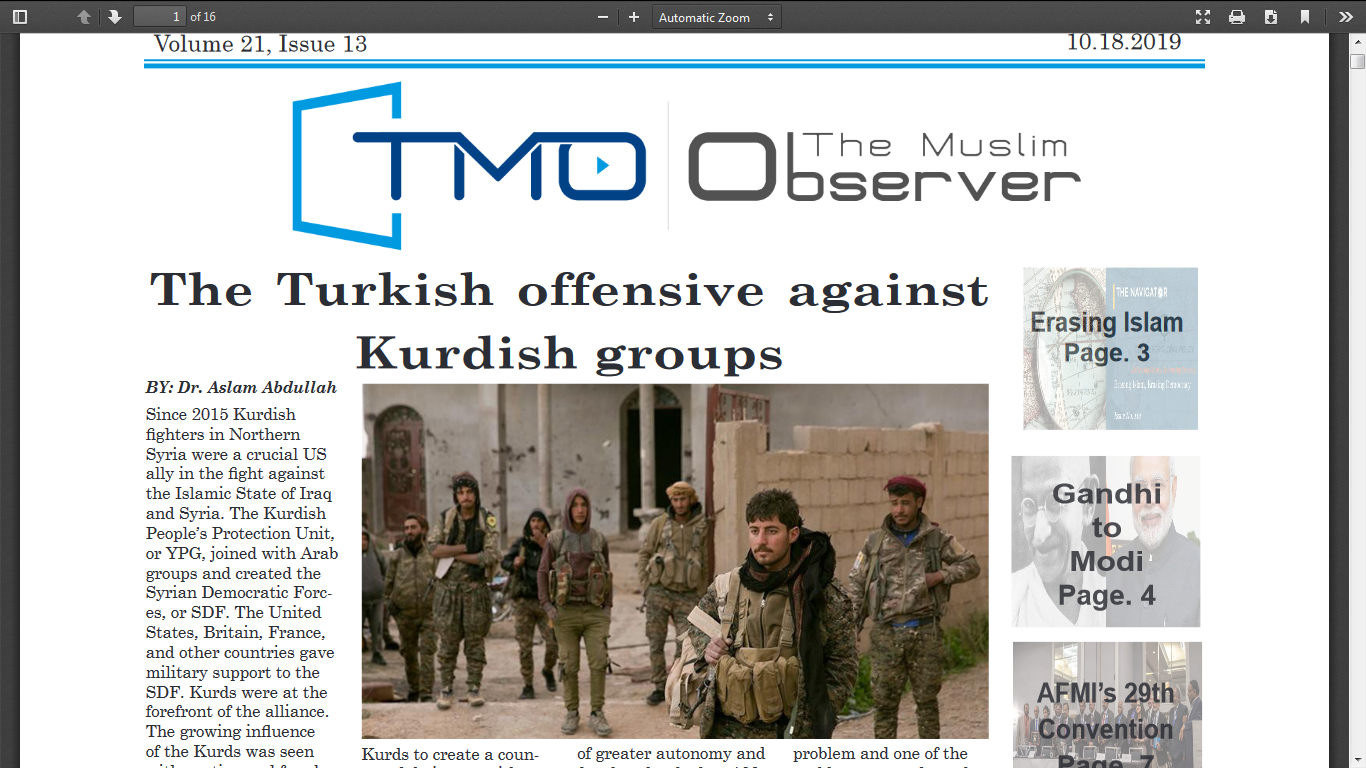The United Nations’ Loss of Credibility
By Abdulla Tarabishy, TMO Contributor
 |
Abdullah Tarabishy |
The United Nations has always had issues maintaining its credibility. Seen by some nations as an instrument of the western agenda, and by many American administrations as a bumbling and ineffectual nuisance, it is amazing that the UN has managed to endure for so long. It has survived the adversities of the Cold War, the Arab-Israeli Conflict, and several unilateral invasions by major world powers, and today it is being pushed to its limits by the Syrian Civil War.
Ever since the formation of the UN, one of the most controversial elements has always been the Security Council Veto. The UN Security Council is made up of 15 member nations. Ten of these nations are rotating, non-permanent members of the Council, but the real power resides with the 5 permanent members: the US, UK, Russia, France, and China.
Any resolution that passes through the Security Council (SC) must obtain the support of 9 out of the 15 members, including all 5 permanent members. In effect, the permanent members have a veto, though the word veto never appears in the UN Charter.
Russia’s continuous vetoes of resolutions pertaining to Syria reminded the world of the ineffectiveness of the Security Council. Yet the problem is not a new one; it has been around since the formation of the UN, and has been particularly evident in the Arab-Israeli conflict.
For much of Israel’s existence, the United States has diplomatically shielded the nation from criticism, refusing to pass any resolution that criticizes it. This diplomatic shielding has been detrimental to the peace process, and has led to deep mistrust of the UN in the Middle East.
The Security Council veto has backfired on the United States today, as it looks to take stronger action against the Assad regime. Ironically, Russia has used many of the same justifications that the US used when defending Israel.
In both cases, the US and Russia insisted on ‘balanced language,’ when the numbers and scopes of atrocities committed are clearly not balanced. Just like with Israel, Russia’s defense of Syria has made it all but impossible to take any action to stop atrocities. Until the recent breakthrough on chemical weapons, there had been no concrete action taken by the UN, nothing more than vague condemnations, and while this agreement looks promising, there are several points of contention that are sure to cause a nation to invoke its veto.
The fact is that while the Security Council veto has had a negative impact on many conflicts, it is a necessary feature of the international stage. It ensures that the UN cannot take action against the wishes of any of the most powerful nations on earth, thus ensuring that any Security Council decision is backed by the permanent five.
Without this tool, the United Nations would become a complete mockery, incapable of enforcing its own decisions. But it also delegitimizes the UN when one nation consistently blocks action from being taken, and statements from being made.
The permanent five nations need to be more responsible in their use of this veto. They must, when considering its use, keep in mind that for every nation on the Security Council, there will come a time when they are thwarted by the veto, and think whether it is truly necessary in that instance.
The United Nations has been ignored many times in the past. The American invasions of Vietnam and Iraq, and the Soviet invasion of Afghanistan, were both cases in which nations acted in opposition to the UN.
Throughout the Cold War, the Security Council was often sidelined, unable to agree when its permanent members were so divided. If the UN could endure during those times, then it will almost certainly survive the Syrian Conflict. But it will not emerge unscathed, and until it takes concrete action, the UN will have its legitimacy badly damaged.
15-39












2013
1,014 views
views
0
comments